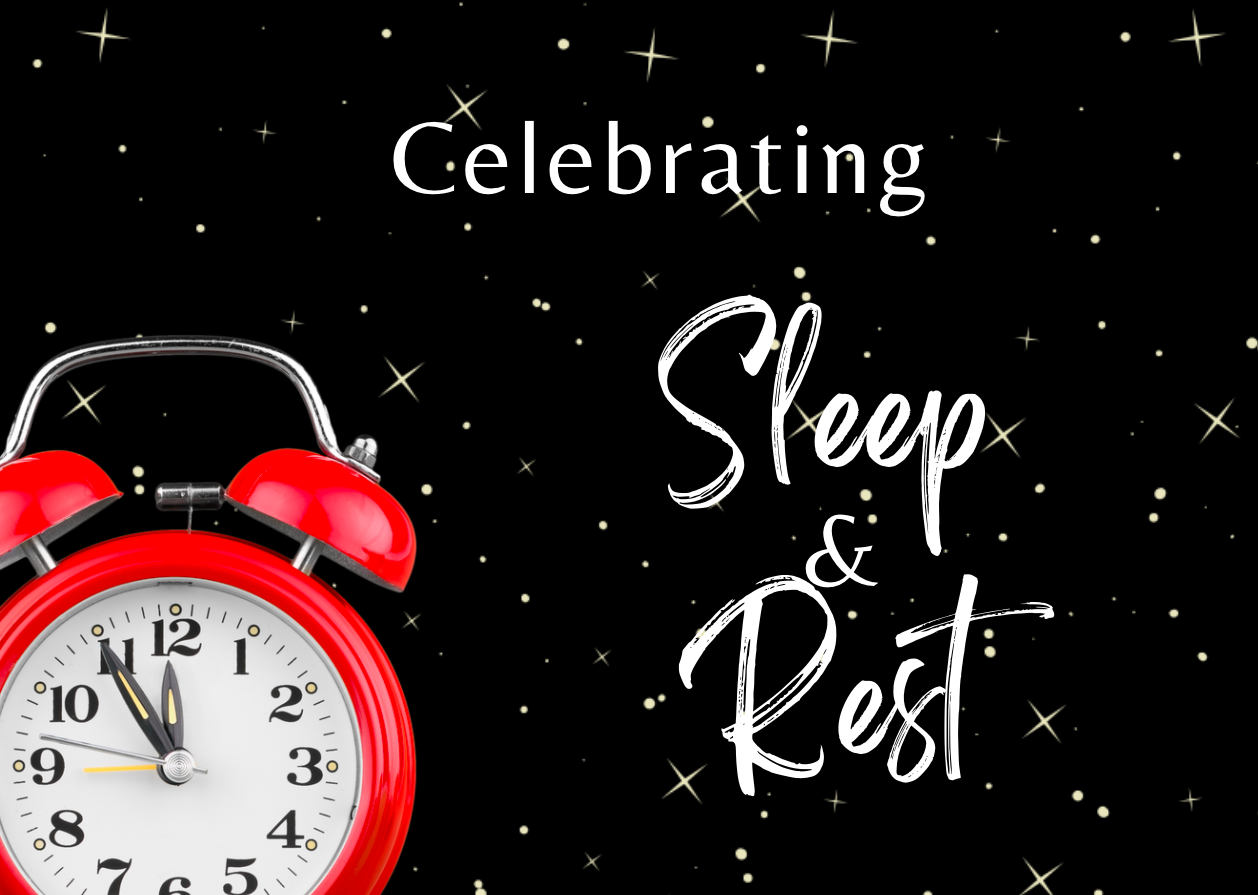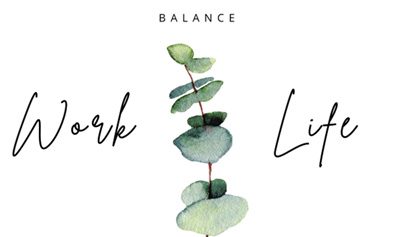World Sleep Day: To Save Everything from Marriages to High-Performance Teams
Another day we give a name to, to remind ourselves of something that should be remembered every day: the importance of sleep and rest in our routines. There’s much to discuss about sleep, but today I want to focus on chronobiology, which is the way to hyper-personalize the sleep and rest needs of each individual.

Have you ever been suggested to join a club of early risers at 5 a.m. (or earlier) and literally found yourself glued to the bed? Or perhaps while in university, did you attend a 7 a.m. class but then had to go over everything again with your peers because, literally, even with a couple of cups of coffee, you couldn’t seem to wake up? Each of us has our biological clock regulated by our circadian rhythms. All living beings are governed by biological rhythms, and the circadian rhythm in humans is like the routine we create for babies so they can finally sleep through the night and let their parents rest.
These circadian rhythms help our hormonal and physiological processes organize and know when to perform certain tasks. For example, circadian rhythms, when they receive the external stimulus of darkness through the eyes, send signals to the body to activate the production of melatonin, or if melatonin production has already started, to ensure it isn’t interrupted.
But in each person, the circadian rhythm is different, and not all human beings living in the same city, or even under the same roof, produce hormones at the same time. Some people have a later production of melatonin, making it easier for them to stay up late, while for others (like me), we produce melatonin earlier, so feeling asleep comes to us in the early hours of the night.
I was just thinking today on how this knowledge has saved my marriage. My husband is one of those who is good at staying up late but terrible at waking up early. According to experts, his melatonin production is later, and the production of cortisol (which besides being the stress hormone, is a key hormone for waking up with energy in the mornings; it’s not caffeine) is also later than mine. My husband is one of those people who struggle to wake up early, so while I’m active from 4:30 a.m. with my mind racing, he’s a poor zombie barely managing to say hello. Similarly, in the evening, my husband is at his most productive and high-performing hours, while I already feel like I have my eyes shut.
Not knowing this information can cause conflicts between couples. Imagine me arguing with my husband, expecting him to help with tasks like getting the kids ready for school, and him barely able to do much. On the other hand, him inviting me to a romantic dinner during the week, and my brain already in pajamas.
In high-performance teams in companies, this information is invaluable for defining the spaces of maximum concentration, attention, and creativity of team members, and for leaders who are early risers, not to insist on early strategy meetings and decision-making to their team, who may be mostly night owls, with their peak productivity starting after 10 or 11 a.m.
Chronotypes help us define a daily routine that can improve our productivity and be more accurate in time management. Imagine knowing your peak productivity hours, the best time for exercise, and your ideal bedtime (note! It’s always better between 9 and 11 p.m.).
Additionally, these routines allow us to define “micro-break” spaces that are as important as good sleep hygiene. These spaces are small pauses throughout the day that can last up to 30 seconds and help recharge for what comes next. Micro-rest is as important as macro-rest (sleep, vacations, sabbaticals) as it helps recharge to start again with more strength and energy.
I recommend the IN Method, a strategy to start identifying our chronobiology and designing a routine that maximizes performance, energy levels, productivity, and time management. https://www.estarbien.us/metodoIN
Tomorrow on World Sleep Day, let’s celebrate this right and duty, the daily rest we all need. Let’s start applauding people who value their rest, instead of promoting continuous work as the indicator of productivity and commitment, which it truly isn’t.
Blogs
Work-Life Balance vs. Life-Work Balance
Work-Life Balance vs. Life-Work BalanceMuch has been said about work-life balance, and more recently, about life-work integration, seeing how we provide our employees with the tools to take care of their health and well-being.I continue to advocate for what Sir...
Mental Health
Mental HealthHave you ever been in subway stations during rush hours? In any city in the world, it's a literal wrestling struggle to get onto the next train car.Who wins? The physically strongest, perhaps. The most patient ones who wait leaning against the opposite...
Your Health 401(k)
Your Health 401(k)Are you familiar with what 401(k) represents? It is a type of employer-sponsored retirement plan in the United States that allows employees to reserve a portion of their pre-tax wages for retirement.For days now, I've been pondering this concept, but...
Wellbeing Trends for 2024
Wellbeing Trends for 2024November is typically a month when companies plan for the following year, therefore, it's an ideal time to open the conversation about the well-being of individuals within the workplace environment.Four years into the pandemic, there are still...




